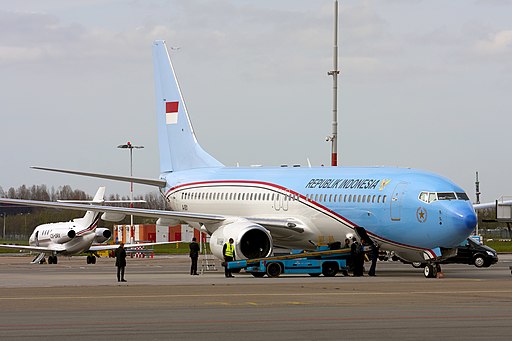World
Relatives Of Ethiopian Airlines Crash Victims Seek Documents On 737 MAX From Boeing

A lawyer representing relatives of victims who died in an Ethiopian Airlines 737 MAX crash on Tuesday said he was seeking documents from manufacturer Boeing and US regulators on the decision not to ground the aircraft after it met with a deadly accident twice, reported Reuters.
A Lion Air 737 MAX crashed in Indonesia killing 189 people in October 2018. The MAX’s MCAS anti-stall system was implicated the incident. Five months later, the same system was blamed for playing a role when ET302 crashed on March 10, killing all 157 passengers on board.
Instead of ordering the grounding of the MAX after the fatal crash, the US Federal Aviation Administration issued an airworthiness directive reminding pilots of emergency procedures.
“The decisions to keep those planes in service are key,” said Robert Clifford of Clifford Law Offices, which represents families of the Ethiopian crash victims, at a status hearing before U.S. Judge Jorge Alonso in Chicago.
A dozen law firms representing families of the Ethiopian Airlines crash victims from 35 different countries, including nine U.S. citizens and 19 Canadians, have filed over 100 lawsuits against Boeing for it’s defectively designed the automated flight control system. The lawsuits assert that the defective control system has repeatedly forced the nose lower in both accidents.
While most of the lawsuits do not make a specific dollar claim, Ribbeck Law Chartered has said its clients are seeking more than $1 billion.
Clifford said in a statement that his law firm and Boeing are currently working on developing a protective order regarding the production of documents that deal with the design and development of the 737 MAX 8.
He said the focus was on “what Boeing knew following the Oct. 29 Lion Air crash of the MAX 8 in the Java Sea and the MAX 8 crash in Ethiopia just a few months later.”
In a statement, Boeing said was cooperating with investigating authorities, while it declined to comment directly on the lawsuit.
The next hearing is scheduled for October 28, followed by another on November 21.





